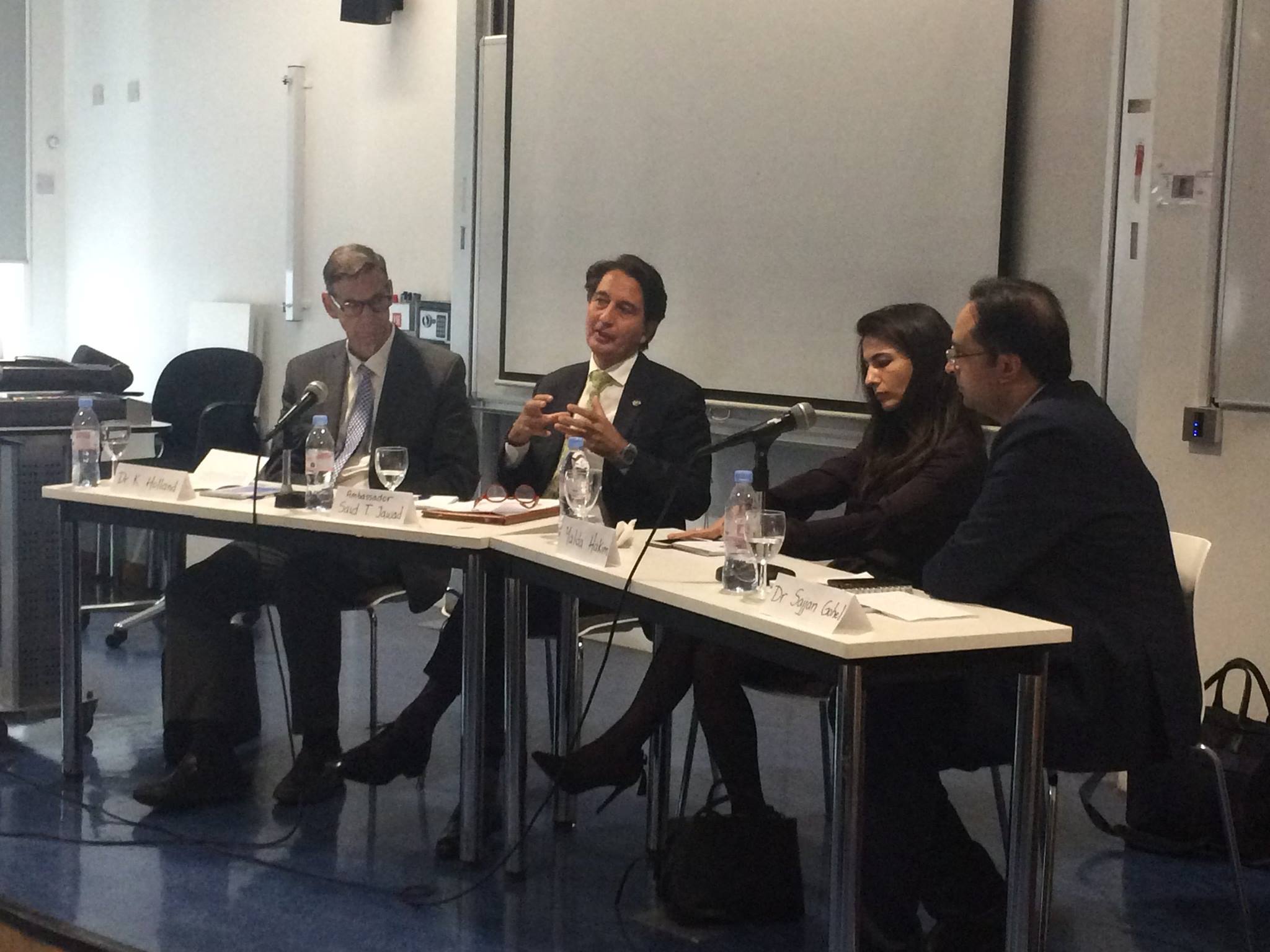Professor of the Political Economy of Development Jean-Paul Faguet on failed Western attempts to establish democracies in Afghanistan and elsewhere. This article is part of a series on the ID blog, ‘Afghanistan: After the fall‘.
The speed of the Afghan government’s collapse left all of us stunned. But we shouldn’t be surprised by the outcome. A democracy designed and funded by the US was never going to succeed in a society that runs according to such different rules from ours. In truth, building a stable democracy is always and everywhere enormously difficult. That’s why as recently as 1980, only ¼ of the world’s nations were democracies, and even today only 55% are. How much harder in a country ravaged by decades of invasion, crisis, and war?
Democracy isn’t just a set of rules (a constitution, laws) and organisations (Congress, ministries, the judiciary) attached to a public budget. Successful ones are sustained by deep interconnections with civil society. This is what I call the government-society nexus, and it’s what makes democracy work. To function well and endure over time, a democratic government must interact substantively and continuously with independent civic and economic organisations. And these organisations must in turn have norms and practices amenable to democratic give-and-take.
The US and its Western allies never fully grasped that. We tried to build a democracy that assumed a society broadly like ours. We imported too many institutional tools from our own experience. We never understood Afghanistan’s highly complex, heterogeneous society, with a very different history and traditions from ours.
Our desire to bring Afghans the democratic virtues we enjoy was noble, but it was also naïve. Democracy was not built by foreigners, nor quickly, in any of our own countries.
In 2003 I wrote a paper predicting that nation-building in Afghanistan would fail. The logic proved correct. To understand why, consider the complex ways in which government and civic organisations interact in a successful democracy, and then also what civic organisations look like in Afghanistan. A representative, responsive democracy must be able to do three things: (i) identify shared preferences and opinions, (ii) aggregate them, and (iii) enforce accountability on government. Preferences are wants and needs, some of which are individual and hence private (e.g. my shoes, my sandwich), and others that are collective and hence the object of public action (road quality, tax levels).
All three of these processes must operate continuously, relying on government-society interactions for their success. ‘Civil society’ is not atomised individuals, but rather organisations that aggregate citizens’ ideas and efforts, interacting amongst themselves and with government. Society operates as a complex of organisations, representing communities’ needs, facilitating social expression, and magnifying voice. Governance relies on them to mediate citizens’ participation in the decision-making that governance implies.
The democratic challenge in a country like Afghanistan is not just designing good rules and organisations – itself hard enough. It extends to facilitating the emergence of connections between these formal elements and civic organisations that can nourish democratic practice. But how to design such a thing is as yet a mystery to scholars like myself specialising in this field. No one ‘designed’ interfaces of this sort in the West – they developed over centuries. And many of the organisations that give shape to Afghan society – often religious, tribal, or clan-based – are ill-suited by to the practice of democracy. This is not an ethnic slur, nor should it be a surprise. Afghan organisations evolved over centuries to fit an environment that prefers the rule of man or God to the rule of law. So it was also in the West for centuries.
The Afghan collapse is likely to be a calamity for millions of Afghans, as well as a blow to the reputation of the West. But it also an opportunity to take lessons. The first lesson concerns the difficulty of building democracy in countries we don’t understand, and hence the importance of focused, limited interventions linked to a clear exit strategy. Ending Taliban support for Al-Qaeda and shutting down Al-Qaeda camps were important enough in 2001. We didn’t need to try to remake the country. We should abandon forever the ambition to build foreign democracies ourselves. Secondly, it follows that in chronically unstable countries, we should support local governments we can tolerate, as different to ours as they may be, rather than imposing governments of our liking. Thirdly, in such places we should put in place long-run, steady, low-power pressures in the hope that those systems will evolve in their own ways towards greater democracy and more participation, rather than imposing our own kinds of governments. Examples of such pressures include financial and technical aid, access to Western markets, and local examples. And fourthly, we should build on Europe’s strategy for Eastern Europe’s ‘colour revolutions’ and help build the civic organisations that, in turn, will help build participative democracies.
Such a policy is less ambitious than the heroic strategies we embarked upon in 2001. But it will also cost much less in blood and resources than our Afghan misadventure. And it is more likely to succeed, not only on its own limited terms, but in the longer-range goal of expanding freedom around the world.
The views expressed in this post are those of the author and in no way reflect those of the International Development LSE blog or the London School of Economics and Political Science. You can read more articles in this series, ‘Afghanistan: After the fall’ here.
Photo credit: Daniel P. Shook on Flickr.






This is such an insightful post about the democracy in Afghanistan. I’m well aware of what happened and how it threatened the rights of the people. The thing about democracy is that its meaning is changing rapidly. I myself have done a lot of research about democratic countries like the USA & India and the actual ground reality of them. Surprisingly, I’ve found these 5 areas where democracy is pretty much dead already. Here are my insights about the same – https://theblogera.com/is-democracy-really-dying/
I sincerely hope my studies about democracy will make people aware of their rights and how are they getting manipulated.
Thank you for this wonderful and insightful article. Unfortunately, as far as I can see, many Western leaders ignored the contingent basis of Western democracy, underpinned as it is by a united and liberal culture and vibrant civic institutions, assuming instead that it reflected human nature and was therefore inevitably successful in all places and at all times. For all the talk by liberals about pluralism and tolerance, this often doesn’t extend to people and groups who don’t share their liberal inclinations either in Western nations themselves or in others around the world.